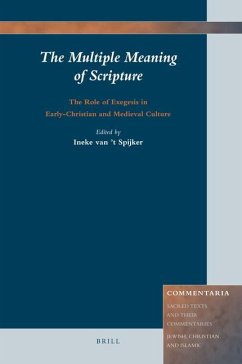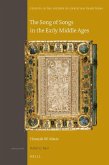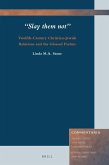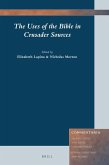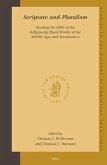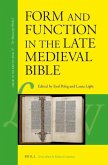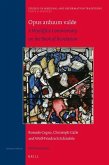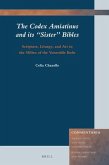From the beginning of the Christian era and throughout the Middle Ages, biblical interpretation was the field where theological, philosophical and political matters were discussed. At the same time Scripturea (TM)s interpretation required the exploration of hermeneutical positions about how a literal and a hidden meaning could be established and how they related to each other. Ranging from early-Christian concerns about the text of the Bible itself, via Carolingian biblical commentaries, and the ever more diverse interpretations from the twelfth century and onwards, to the literary implications of (Jewish) commentary, the articles in this volume examine biblical exegesis both as a discourse on theology, philosophy and politics, and as the context for discussions on its underlying interpretative principles. Contributors are J. K. Kitchen, Katja Vehlow, Caroline Chevalier-Royet, Sumi Shimahara, Ian Christopher Levy, Pierre Boucaud, Elisabeth MA(c)gier, CA(c)dric Giraud, Wanda Zemler-Cizewski, Ineke van a (TM)t Spijker, Eva De Visscher, Alexander Fidora, Frans van Liere, and Robert A. Harris.

